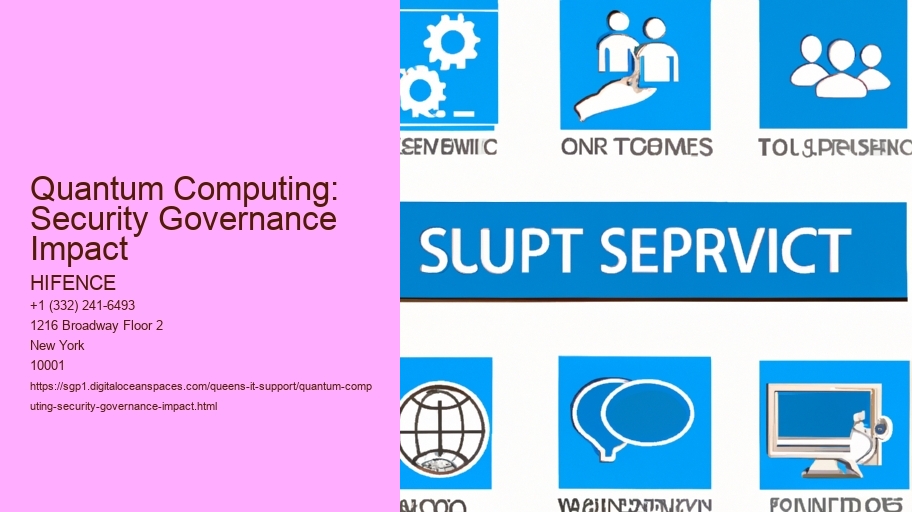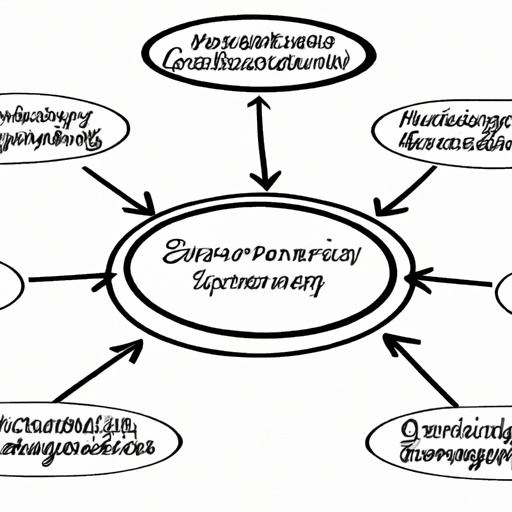
Quantum Computing: Security Governance Impact
Quantum computing, a field still in its nascent stages, promises to revolutionize computation as we know it!

Currently, much of our digital security relies on cryptographic algorithms that are computationally difficult for classical computers to break. Algorithms like RSA and ECC (Elliptic Curve Cryptography) depend on the fact that factoring large numbers or solving elliptic curve discrete logarithm problems takes an impractical amount of time, even for the most powerful supercomputers we have today.
However, quantum computers, leveraging the principles of superposition and entanglement, can perform certain calculations exponentially faster than their classical counterparts. Shors algorithm, for example, poses a direct threat to RSA and ECC. A sufficiently powerful quantum computer could crack these widely used encryption methods in a matter of hours, if not minutes, rendering sensitive data completely vulnerable. (Imagine the chaos!).

This impending vulnerability necessitates a complete rethinking of security governance. We need to proactively develop and implement post-quantum cryptography (PQC), also known as quantum-resistant cryptography. These are cryptographic algorithms designed to be resistant to attacks from both classical and quantum computers. The National Institute of Standards and Technology (NIST) is currently leading a global effort to standardize PQC algorithms.

But the transition to PQC is not a simple drop-in replacement. check It requires significant investment in research and development, infrastructure upgrades, and workforce training. check Organizations need to assess their existing cryptographic infrastructure, identify vulnerable systems, and develop migration strategies. managed services new york city (A huge undertaking, no doubt!). This includes updating hardware, software, and security policies.
Furthermore, the impact extends beyond purely technical considerations. Security governance must evolve to address the ethical and societal implications of quantum computing.
The governance structures themselves must adapt. Cybersecurity frameworks need to incorporate quantum-risk assessments and mitigation strategies. Organizations need to establish clear lines of responsibility for quantum security. This includes defining roles and responsibilities for risk management, incident response, and security awareness training.
In conclusion, quantum computing presents both immense opportunities and significant challenges. managed service new york Its impact on security governance is profound and requires a proactive, multi-faceted approach. By investing in PQC, adapting governance frameworks, and fostering international cooperation, we can mitigate the risks and harness the transformative power of quantum computing responsibly and securely.